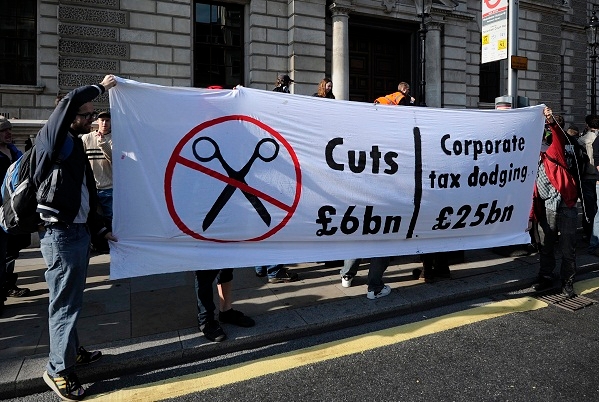It’s a common assumption that non-doms pay little tax. It’s certainly an assumption made by Ed Miliband, who has announced plans to scrap the non-dom status for long-term residents. ‘There are 116,000 non-doms costing hundreds of millions of pounds to our country. It can no longer be justified and it makes Britain a tax haven for the few,’ he said.
But how does Miliband explain the £8.27 billion of income tax and NIC paid by non-doms in 2012-13? The average non-dom claiming the remittance basis pays £132,762 of income tax per annum, 25 times more than the average British tax payer. Whether Miliband likes to admit it or not, non-doms make a significant direct financial contribution to the country. The indirect financial contribution to the country, such as SDLT on property, VAT and spending in the UK, is immeasurable.
If you claim non-dom status you can either pay tax on all your income and gains, or claim the ‘remittance basis’ and pay tax on your UK income and gains and on remittances of foreign income and gains to the UK. Of those who claim non-dom status only 46,700 claim the remittance basis.
Non-doms who claim the remittance basis need to pay the charge for this option once they have been resident in the UK in 7 out of the previous 9 tax years. The charge starts at £30,000 per annum, increasing to £90,000 per annum for those who have been in the UK in 17 out of the previous 20 tax years.
Labour claims that scrapping non-dom status will raise hundreds of millions of pounds. But these figures are uncosted and there are a number of incalculable factors, such as how many non-doms will leave the UK as a consequence of this new policy. In reality, non-doms have a choice where they choose to live and pay their taxes. The UK is not the only option and certainly not the cheapest. If Miliband’s policy is brought in, many may choose to move.
Labour argues this won’t happen, claiming that the changes to the laws on energy companies, banks and utilities did not lead to an exodus. These examples are incomparable. Big businesses with infrastructure in place and customers to serve will stay as long as it remains profitable. It is different for non-doms who, by their very definition temporary visitors, have greater freedom to move.
Ed Miliband also claims that there is a moral obligation to change the regime for the sake of fairness. Of course non-dom status isn’t exactly fair, but life isn’t fair, and getting 1 per cent off a billionaire is better than nothing if he, say, moves to Monaco. The only people it is really not fair to is Britain’s home-grown billionaires who don’t have the same luxury. The current non-dom allowance is an unbelievably populist policy benefiting the poorer. What is unbelievable is that Labour don’t recognise it as such.
It is not the system that should change, it is how it is enforced and seen to be enforced that must change. There have been some very public examples of people claiming to have non-dom status with seemingly little connection to their ‘home’ abroad. But Miliband’s current proposal looks like an electoral stunt, with – as Ed Balls even recognised – expensive consequences.
Mark Davies is a Chartered Tax Adviser at Mark Davies & Associates, a tax practice of specialist tax advisers to international clients.






Comments